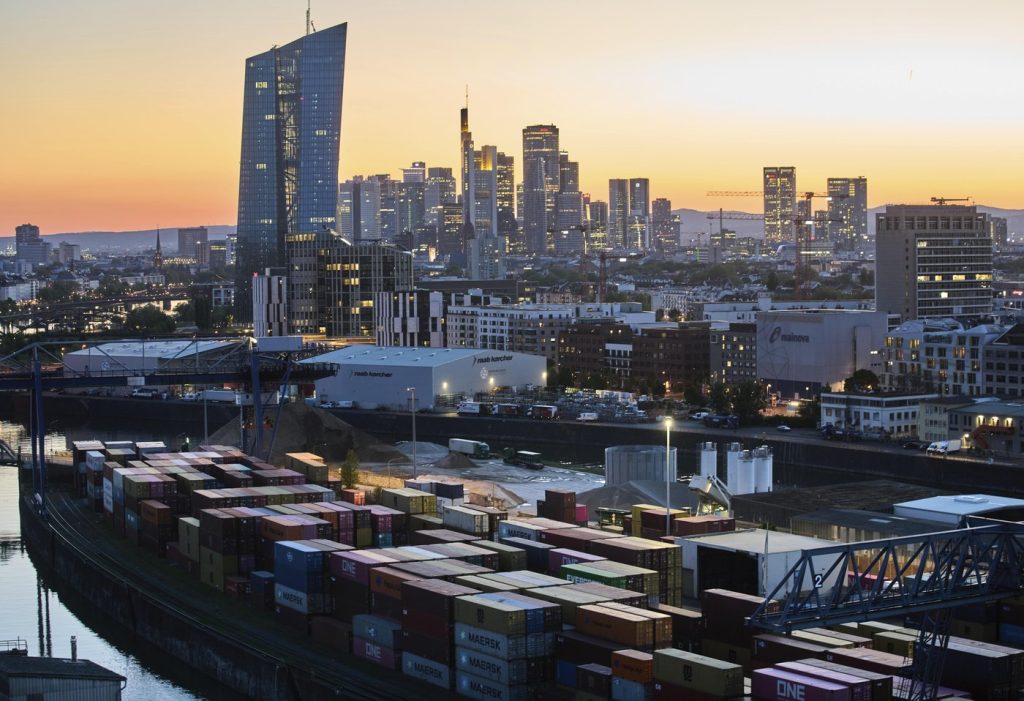FRANKFURT, Germany (AP) — Europe's economy experienced a stronger growth of 0.4% in the first quarter of the year, an improvement compared to 0.2% growth in the last quarter of 2024. This data was released by the European Union statistics agency Eurostat on Wednesday. However, the optimism for continued recovery was abruptly overshadowed by the announcement of new tariffs by U.S. President Donald Trump.
On April 2, just two days after the first quarter concluded, Trump imposed a wave of tariffs that affected nearly every U.S. trading partner. European Union imports were particularly targeted, with a 20% tariff rate imposed on goods from the EU, a move that has led to significant revisions in the continent's growth outlook. Given that the EU's economy is heavily reliant on exports and the United States is its largest export destination, such tariffs are expected to dampen economic activity.
Although Trump has suggested a 90-day pause on these tariffs, there is considerable uncertainty regarding potential negotiations to reduce the 20% tariff rate. Additional tariffs, including a 25% levy on steel and aluminum and on cars applicable to all trading partners, including Europe, remain in effect. Companies importing European goods like automotive products and pharmaceuticals face tough decisions: absorb the increased costs or raise prices for consumers.
The ensuing trade tensions have reportedly diminished both business and consumer confidence in Europe. The European Commission's economic sentiment indicator dipped to 93.6 in March, the lowest figure recorded since December. This downturn in sentiment serves as a stark example of how the recent month of escalating tariff tensions has effectively erased any rebuilding of optimism in the eurozone, as noted by Carsten Brzeski, the global head of macro at ING bank.
Brzeski further indicated that without significant changes in U.S. trade policies, the mood and economic momentum in the eurozone are likely to stay weak in the forthcoming months. Prior to the tariffs, Europe had posted several encouraging economic indicators, including a low unemployment rate of 6.1% and a slight uptick in consumer spending after years of restraint due to inflation.
As inflation eased to 2.2%, the European Central Bank responded by cutting credit costs for consumers and businesses, reducing its benchmark interest rate seven times in the current easing cycle, with the latest reduction being a quarter of a percentage point on April 17. Additionally, the German parliament approved a significant investment fund of 500 billion euros (approximately $570 billion) that is exempt from constitutional debt limits, a decision made by the coalition of the center-right Union bloc and the Social Democrats. This fund has sparked optimism for future pro-growth infrastructure spending in the coming years.
Nonetheless, Trump's tariffs have considerably diminished growth prospects for Germany, the largest economy in the eurozone. Recent updates from the outgoing government under Chancellor Olaf Scholz revealed a revised growth estimate of zero for the year, following two consecutive years of declining output. The parliament is expected to elect Friedrich Merz as chancellor on May 6, following the national election held on February 23, a development that could influence future economic policy.











